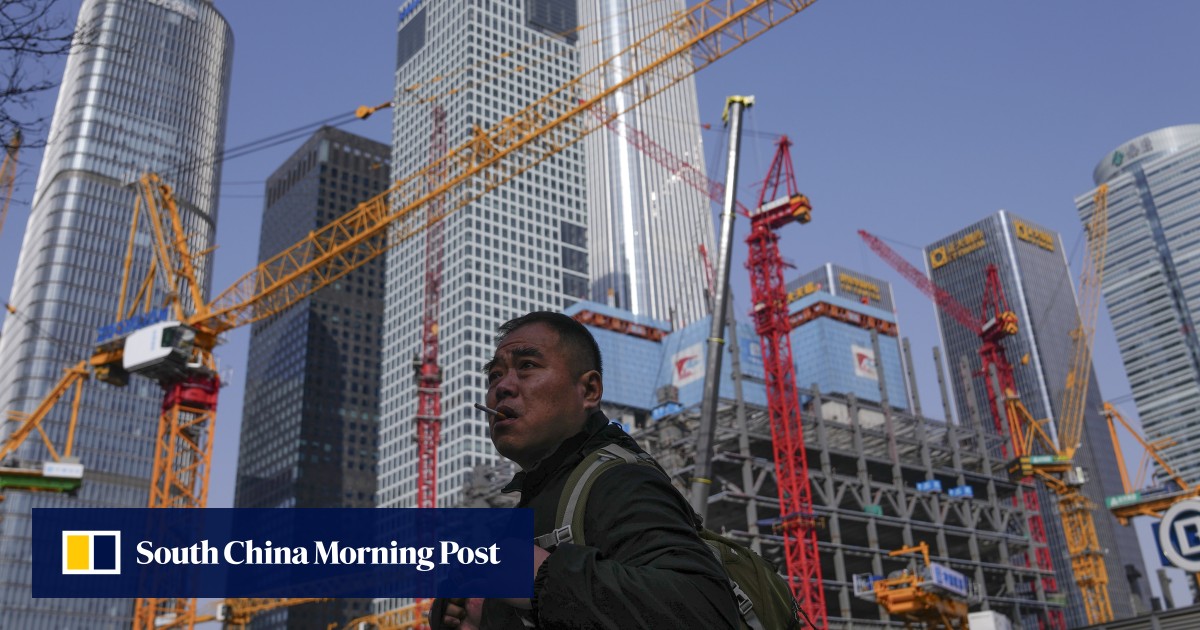A new law promoting the private sector is being crafted to tailor legislation to the most pressing needs of the key sector.
China’s door is always open to the world, and we will never slam it shut
The top legislature is also set to review the first amendment to the Organic Law of the State Council in 42 years – expected to lift the role of China’s central bank in reinforcing national policies – when its sessions start on Tuesday.
Lou added that new laws and amendments would focus on opening up and high-quality development, and these look to include a new tariff law, amendments to border health and quarantine laws, and improvements to foreign-related provisions of existing laws.
“China has always adhered to a national policy of reform and opening up to develop foreign relations and exchanges and welcome foreigners and overseas enterprises,” he said. “China’s [attitude on opening up] has never faltered, nor will it change. China’s door is always open to the world, and we will never slam it shut.
“China will promote and expand its high-level opening up on the basis of the rule of law and will continuously consolidate the legal foundation.”
“The definition of espionage isn’t expanded but improved to better define offences with clear-cut boundaries, based on international practice to offer more certainty and security to foreigners and foreign firms,” he added. “It does not target normal activities such as business dealings and academic exchanges.
“We oppose efforts to smear and undermine China’s business environment by misinterpreting the law.”
He added that more foreign-related laws and amendments were on the cards to enhance China’s law-based business environment.
China’s foreign firms fear golden era over as Beijing aims to ‘solidify control’
China’s foreign firms fear golden era over as Beijing aims to ‘solidify control’
Beijing’s assurances notwithstanding, sentiments among foreign and private sectors remain stubbornly low as the government’s pro-business messages are usually mixed with an emphasis on national security and politics.
The situation is compounded by policy unpredictability and inconsistent, arbitrary law interpretations and enforcement in different localities.
Private fixed-asset investment fell by 0.4 per cent last year, marking the first contraction since the data point was first offered in 2005.
China’s receipt of foreign direct investment, meanwhile, dropped in 2023 by 13.7 per cent, year on year, to US$163.3 billion, according to commerce authorities.







